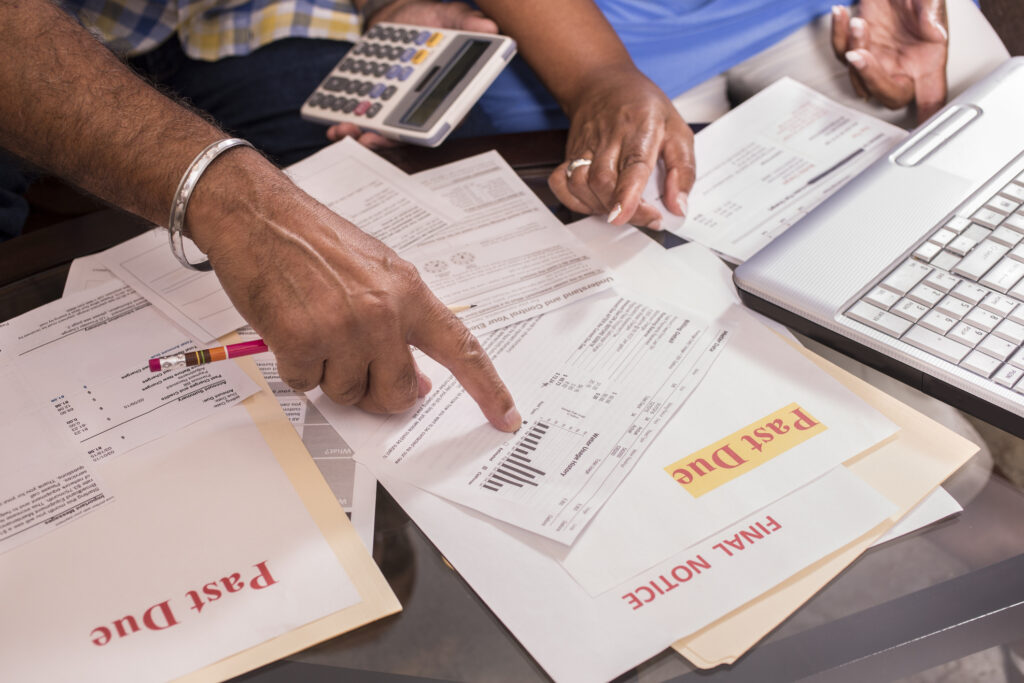Your credit report affects many aspects of your life, which is why it is important to check your reports regularly to ensure that all of the information listed is up to date and accurate. You likely already know that your credit report and credit score indicate your creditworthiness to lenders. This information impacts whether or not you can secure a loan or get approved to finance a car or a home. It may also have an effect on your ability to get a job.
Employment Screening Report
Your credit report and another type of consumer report, called an employment screening report, are sometimes used by employers when reviewing applicants for open positions, or when an employee is being considered for a promotion. These reports have frequently been used by companies within banking and financial services, government, or jobs that require security clearance, but have come to be standard for other industries as well. Trucking, nursing, food, and retail services are using screening reports more and more frequently during the applicant review process.
Inaccuracies Can Hurt You
Screening reports may contain inaccurate information about your past employment, medical or financial history, criminal and public records, or education. These inaccuracies can prevent you from getting a promotion or securing a new job.
Employers Need Your Permission
An employer needs your permission before accessing your credit report or performing a background check. Third party firms that prepare background reports, such as HireRight, Intelius, or CheckMate, may have exemptions.
The employer must receive your written permission before obtaining the report, and also inform you when the report may be used in the hiring process or for consideration of a promotion.
Screening Services Must Inform You of Negative Information
Employment screening report services are also obligated to tell you about any negative information that is reported to an employer. Frequently, negative information is not relayed to an applicant until days or weeks after the employer received the information. At that point, the job opportunity may be lost.
When an employer obtains the report and decides not to hire, keep, or promote you as a result of the information, they are obligated to provide you with a copy of the report, along with contact information for the company that provided it. If any of the information is inaccurate, you can send a written dispute letter to the company and request that the information be corrected or removed.
When a credit reporting company doesn’t correct inaccurate information, the consumer may have a claim under the Fair Credit Reporting Act.
Get a Free Legal Evaluation
Flitter Milz is a nationally recognized consumer protection law firm that represents consumers who have inaccurate information listed on credit reports or employment reports. Contact us to discuss whether your consumer rights have been violated. There is no cost for the legal review.

 In most states,
In most states, The police are there to help keep the peace. If the situation becomes volatile, they should assist in diffusing the confrontation between the repo agent and the borrower.
The police are there to help keep the peace. If the situation becomes volatile, they should assist in diffusing the confrontation between the repo agent and the borrower. The police should not assist or enable the repossession.
The police should not assist or enable the repossession. Flitter Milz is a nationally recognized consumer protection law firm that evaluates matters for consumers who have had a vehicle repossessed. There is no cost for the legal review.
Flitter Milz is a nationally recognized consumer protection law firm that evaluates matters for consumers who have had a vehicle repossessed. There is no cost for the legal review.  Whether you are behind on payments or not, the lender must follow a
Whether you are behind on payments or not, the lender must follow a  If you believe your vehicle was wrongfully repossessed, gather all of your documents and
If you believe your vehicle was wrongfully repossessed, gather all of your documents and  Sometimes a friend or relative with poor credit may ask you to co-sign on their car loan. It’s important to know that co-signers take on financial responsibilities for the duration of the loan. Co-signing does not just mean that you are a character reference for the borrower. Before you sign, keep the following five points in mind.
Sometimes a friend or relative with poor credit may ask you to co-sign on their car loan. It’s important to know that co-signers take on financial responsibilities for the duration of the loan. Co-signing does not just mean that you are a character reference for the borrower. Before you sign, keep the following five points in mind. An unexpected occurrence like illness or loss of employment can leave you struggling to pay bills on time. If you are unable to pay your car loan on time, the lender may choose to repossess your vehicle.
An unexpected occurrence like illness or loss of employment can leave you struggling to pay bills on time. If you are unable to pay your car loan on time, the lender may choose to repossess your vehicle. 






